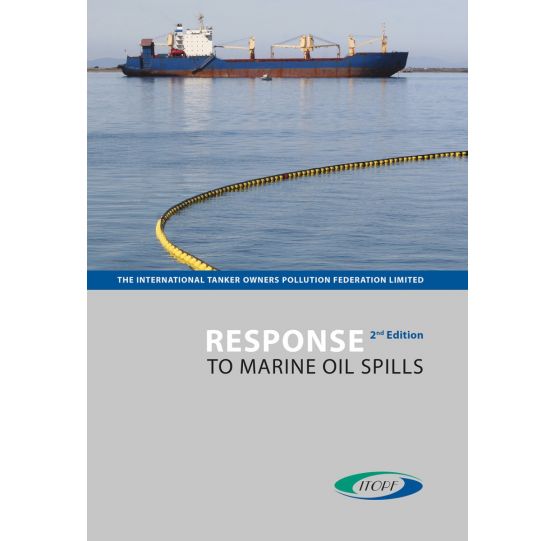Response to Marine Oil Spills - Second Edition
This publication is a review of the problems posed by marine oil spills and the potential response measures to them. It contains multiple case studies, including a section on the ‘Deepwater Horizon’ incident, which are supported by photographs and diagrams.
It will benefit anyone involved in training programmes, contingency planning or response to oil spills.
The primary objective of a rapid response to oil spills is to return to normal activity as quickly as possible and to minimise contamination to the environment. This publication, which draws on experienced gained, and lessons learned, from previous oil spill incidents, is designed as a guide to help any ship (or port facility) involved in an oil spill incident to understand and respond to the event as effectively and safely as possible.
It covers:
- The causes of oil spills
- environmental and economic effects
- containment and recovery
- clean-up and disposal
- contingency planning.
This publication also includes an extensive bibliography of further reading.
ITOPF
ITOPF has responded to over 800 incidents involving oil or chemical spills worldwide. Their highly skilled international team are ready to assist 24 hours a day, 365 days a year to provide impartial technical advice.
As a not-for-profit organisation, they have devoted efforts to developing a wide range of technical services to promote effective response in the marine environment to back up their core role of responding to ship-sourced spills. The five key services that they offer are spill response, claims analysis & damage assessment, contingency planning, training and information.
Their services are provided to their Members (tanker owners) or Associates (other shipowners) and their oil pollution insurers (normally one of the P&I Clubs), and they offer their services at the request of governments and intergovernmental organisations such as the International Oil Pollution Compensation Funds (IOPC Funds).


